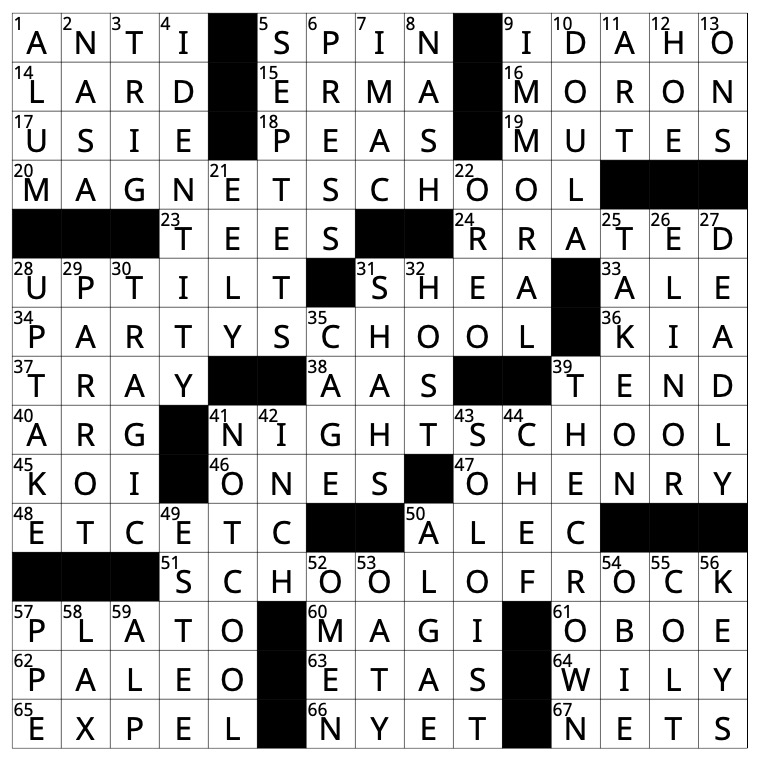In response to the College Board’s decision to replace the current AP Physics B exam with separate AP Physics I and AP Physics II assessments, the Upper School will offer two AP Physics B courses starting the 2014-2015 school year.
According to the College Board website, “The National Research Council concluded that AP Physics B is a very broad course that encourages cursory treatment of important topics in physics rather than cultivating a deeper understanding of key foundational principles.”
This decision was made by the College Board several years ago and was scheduled to be implemented in the 2014 school year.
“We are following the lead of the College Board and creating two classes to match the two new AP exams in physics,” science teacher Karen Hutchison said.
The AP Physics I class will focus on Newtonian mechanics, waves and rotational dynamics, while AP Physics II will center on fluids, thermodynamics, electricity, magnetism and nuclear physics.
Rotational dynamics and nuclear physics will both be new topics in Physics I and II that the current AP Physics B course does not cover, Hutchison said.
The 2015 AP Physics exams will also have a greater emphasis on experimental design and conceptual understanding.
AP Physics I and AP Physics II, which are respectively the equivalents to the first and second semesters of college-level algebra-based physics, will offer more laboratory investigations and reports for students to be more directly involved in making individual analysis and conjectures on the topics learned in class lectures.
“At this point, it’s hard to get a feel for what AP Physics I and II will really be like in terms of the level of rigor and the types of things that students will be asked to do, so I think we are all just trying to go into it with an open mind,” science teacher Jesse Reiner said. “We’re definitely going to have to do some work over the summer getting ready for the new course.”
The revision to the AP Physics B course was decided with recommendations from the National Research Council and National Science Foundation and the support of AP teachers and faculty members nationwide, the College Board website states.































